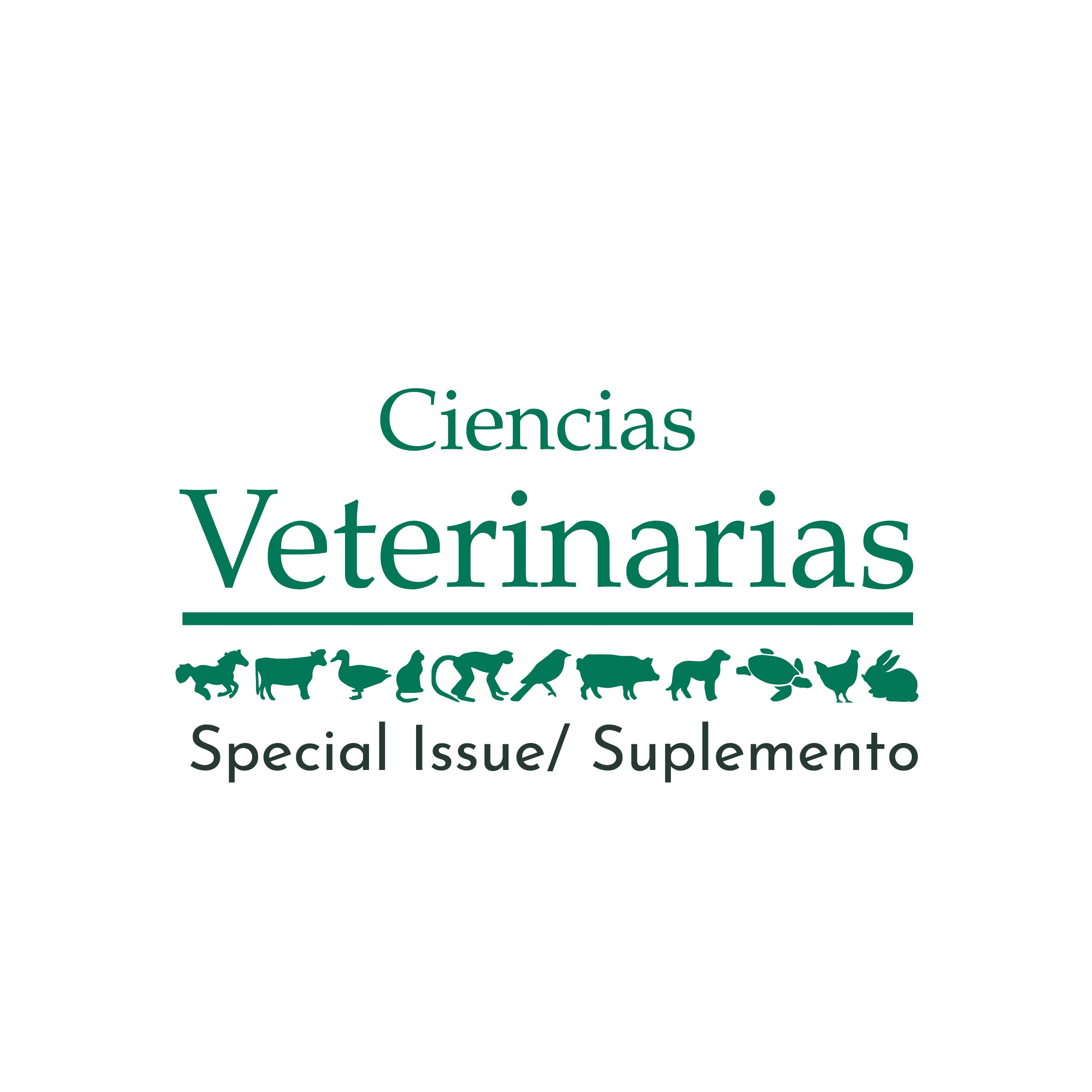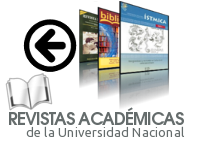Potential of Integration-free Induced Pluripotent Stem Cells in Musculoskeletal Regeneration
DOI:
https://doi.org/10.15359/rcv.37-3.9Abstract
Stem cell therapies hold promise for the treatment of musculoskeletal disorders. Mesenchymal stem cells (MSCs) derived from adult tissues are the most common type of stem cells being investigated for biomedical applications among all stem cell types. However, studies have shown that MSC properties and functions are largely affected by age and health condition of the donor, which often causes inconsistency in therapeutic outcomes. This is a critical challenge that needs to be addressed before the promise of stem cells for therapies can be fulfilled. Our group has worked on tackling the challenge for more than a decade by developing strategies such as priming the cell with regulatory molecules or hypoxia culture. Recently, we successfully reprogramed human and pig somatic cells into induced pluripotent stem cells (iPSCs) using the integration-free episomal method and subsequently derived MSCs from iPSCs for evaluation of potential orthopedic applications. Our study results showed that through cellular reprogramming the capacity of cell propagation and multilineage differentiation of MSCs was greatly enhanced and the expression of aging-associated markers in the cell was significantly downregulated, suggesting that cellular reprogramming can rejuvenate MSCs to increase the regenerative capability, and our approach converting MSCs into iPSCs is promising for addressing the challenge of reduced therapeutic potential associated with MSC aging. In addition, we found that during chondrogenic induction reprogramed MSCs increasingly differentiated into hyaline chondrocytes expressing cartilage-specific markers, compared to control parental cells, suggesting that iPSC-derived MSCs are promising therapeutic agents for articular cartilage regeneration. In general, our findings highlight the potential of iPSCs in better understanding aging-associated musculoskeletal disorders and providing biological options for the treatment.
References
Li, W.J., Jiao, H. & Walczak, B.E. 2019. Emerging opportunities for induced pluripotent stem cells in orthopedics. J. Orthop. Translat. 17: 73-81. DOI: 10.1016/j.jot.2019.03.001
Published
How to Cite
Issue
Section
License
Licensing of articles
All articles will be published under a license:

Licencia Creative Commons Atribución-NoComercial-SinDerivadas 3.0 Costa Rica.
Access to this journal is free of charge, only the article and the journal must be cited in full.
Intellectual property rights belong to the author. Once the article has been accepted for publication, the author assigns the reproduction rights to the Journal.
Ciencias Veterinarias Journal authorizes the printing of articles and photocopies for personal use. Also, the use for educational purposes is encouraged. Especially: institutions may create links to specific articles found in the journal's server in order to make up course packages, seminars or as instructional material.
The author may place a copy of the final version on his or her server, although it is recommended that a link be maintained to the journal's server where the original article is located.
Intellectual property violations are the responsibility of the author. The company or institution that provides access to the contents, either because it acts only as a transmitter of information (for example, Internet access providers) or because it offers public server services, is not responsible.







